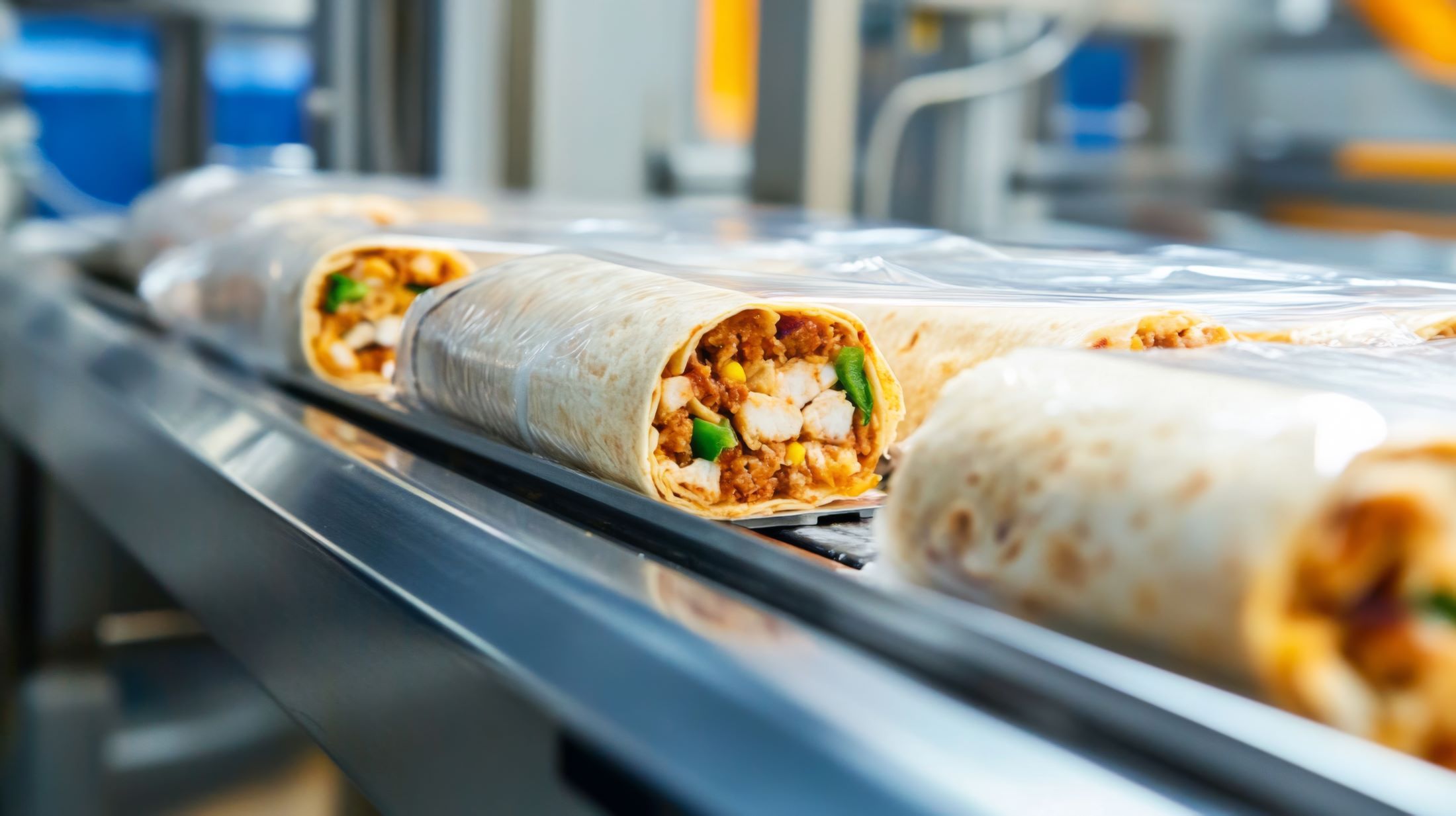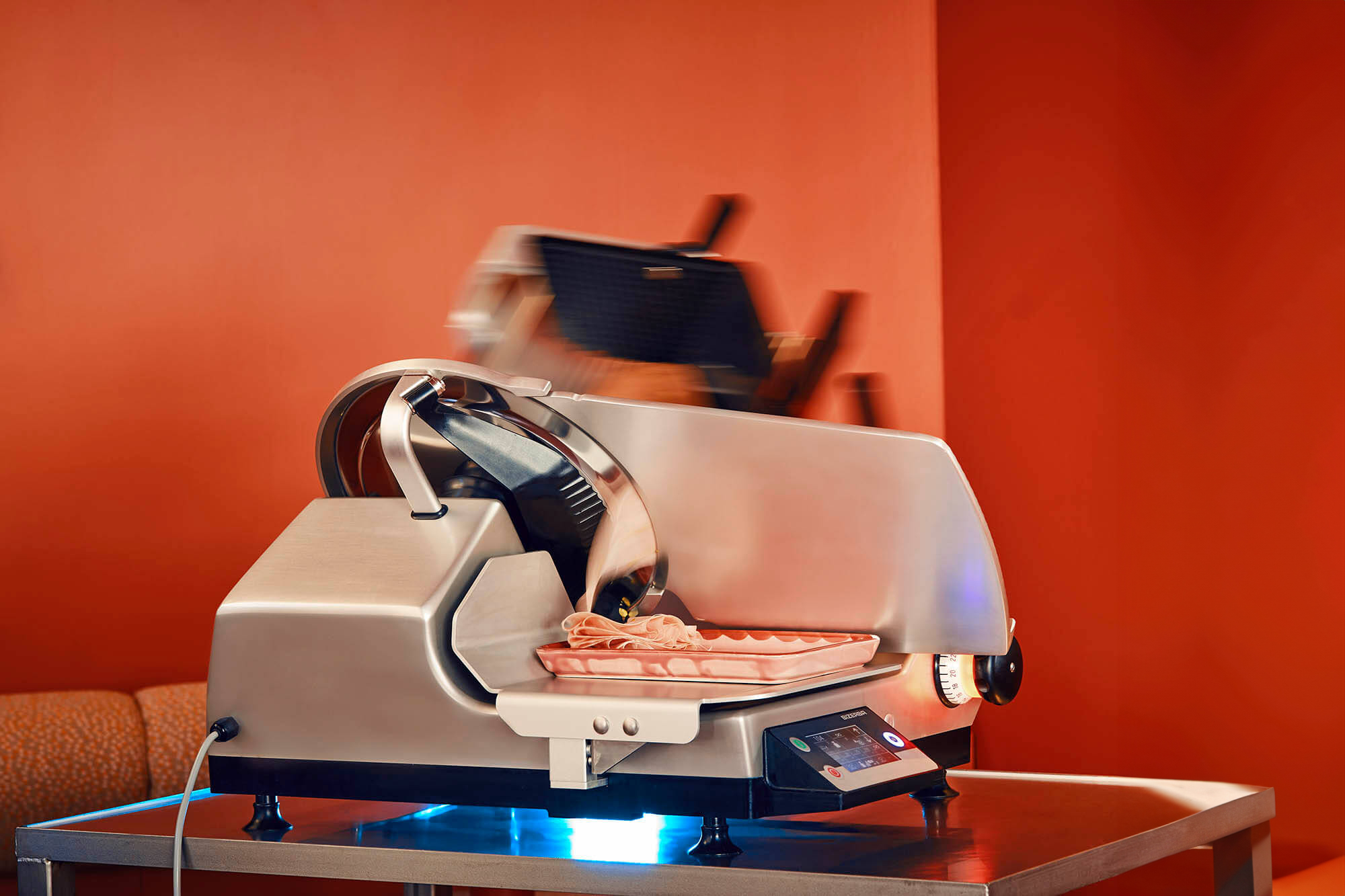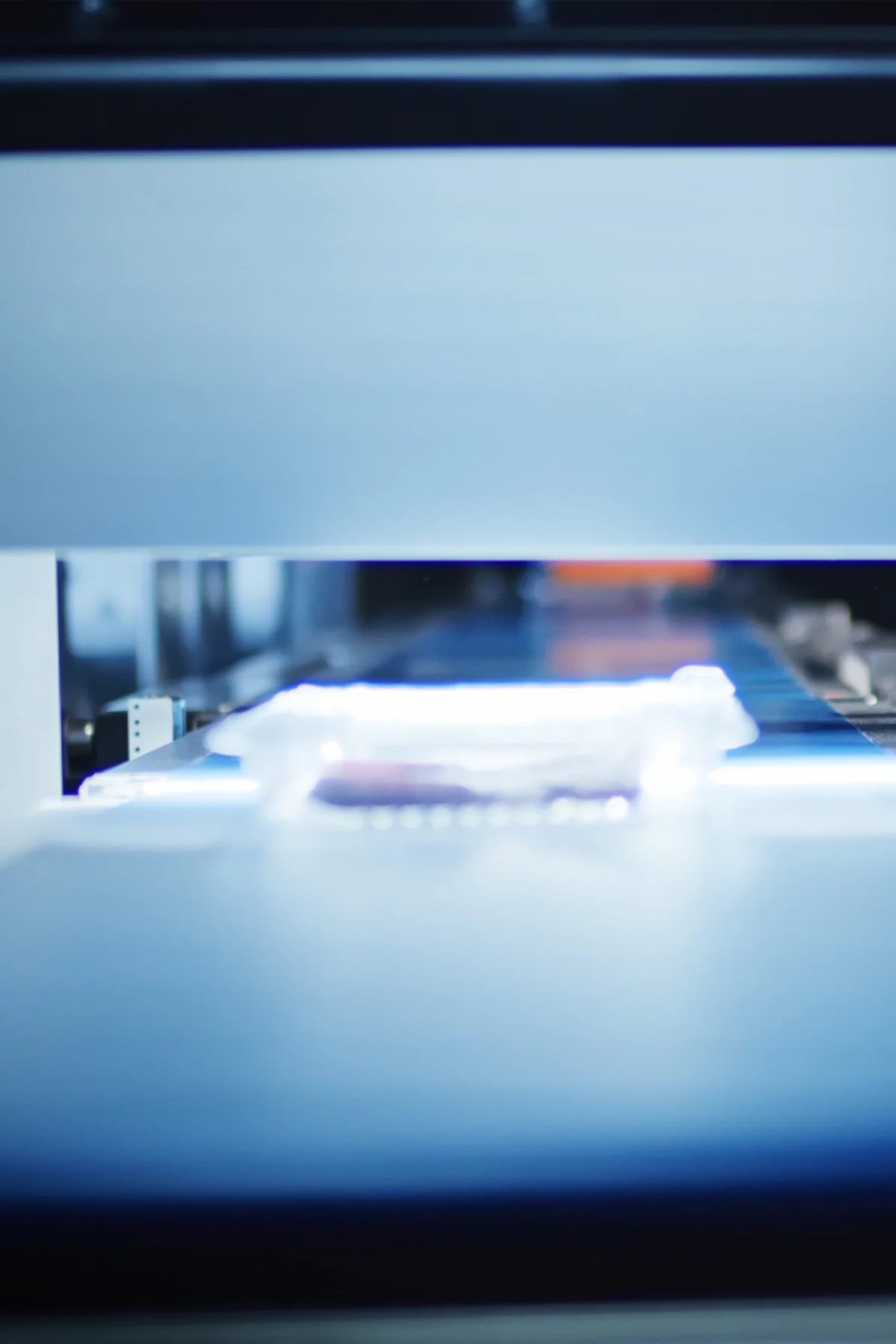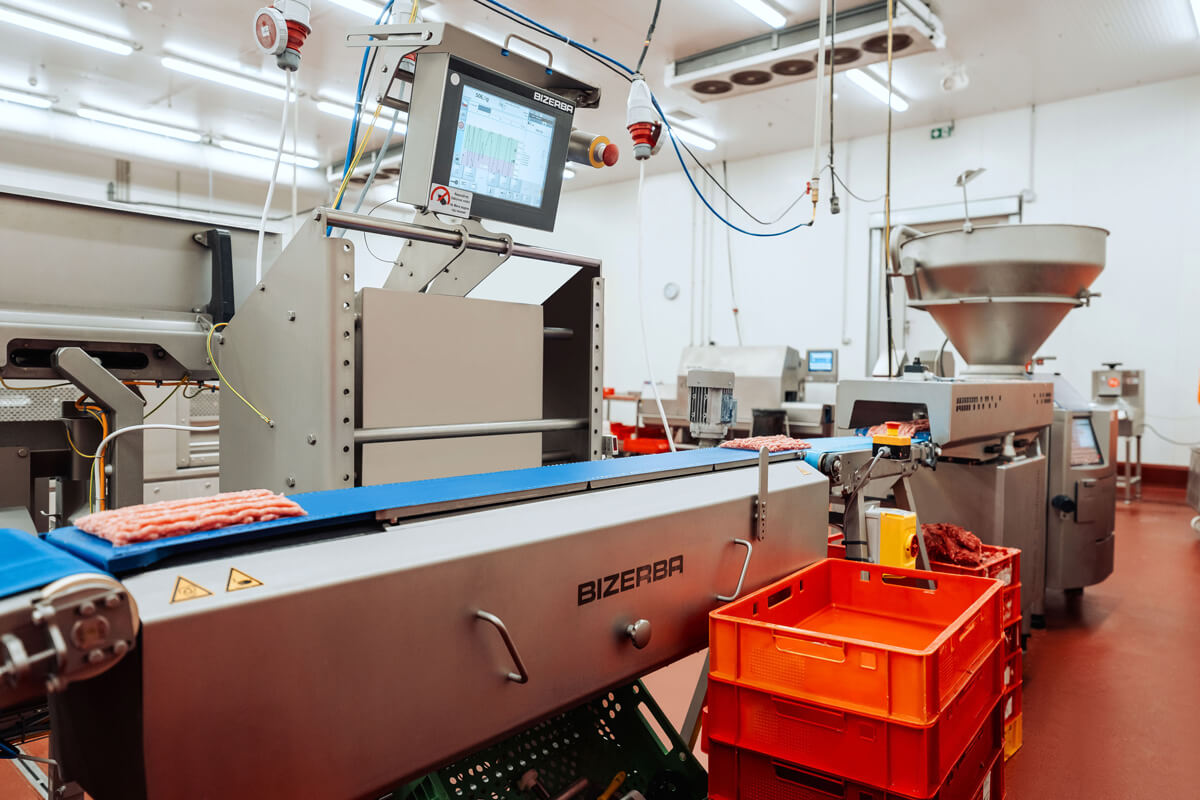Interview
Fresh Prepared Meals
Product Highlight
Welcome
Nice of you to stop by.
Your company is unique. Your next planned solution should be, too. Work with us to design exactly the combination that will propel you ahead of the competition. Discover the difference that makes you stand out: a globally unique portfolio, innovations that set standards and a strong team that welcomes you with the simple question: "What are your needs?"

“At Bizerba, we pride ourselves in our tradition of keeping an open mind and thinking in terms of options instead of limitations. This clear vision has enabled us to achieve things each and every day that yesterday were unimaginable. We are driven by the desire to continuously improve ourselves. It is exactly this mindset that connects us with our customers all over the world.”
Andreas W. Kraut
CEO & Partner, Bizerba

Jobs & Careers
Real people. Real opportunities.
Bizerba is a growing, innovative global player that offers a value-oriented, family-like environment – with unlimited development opportunities domestically and abroad, plus a wide range of benefits that will enrich your (working) life and make it easier.


















